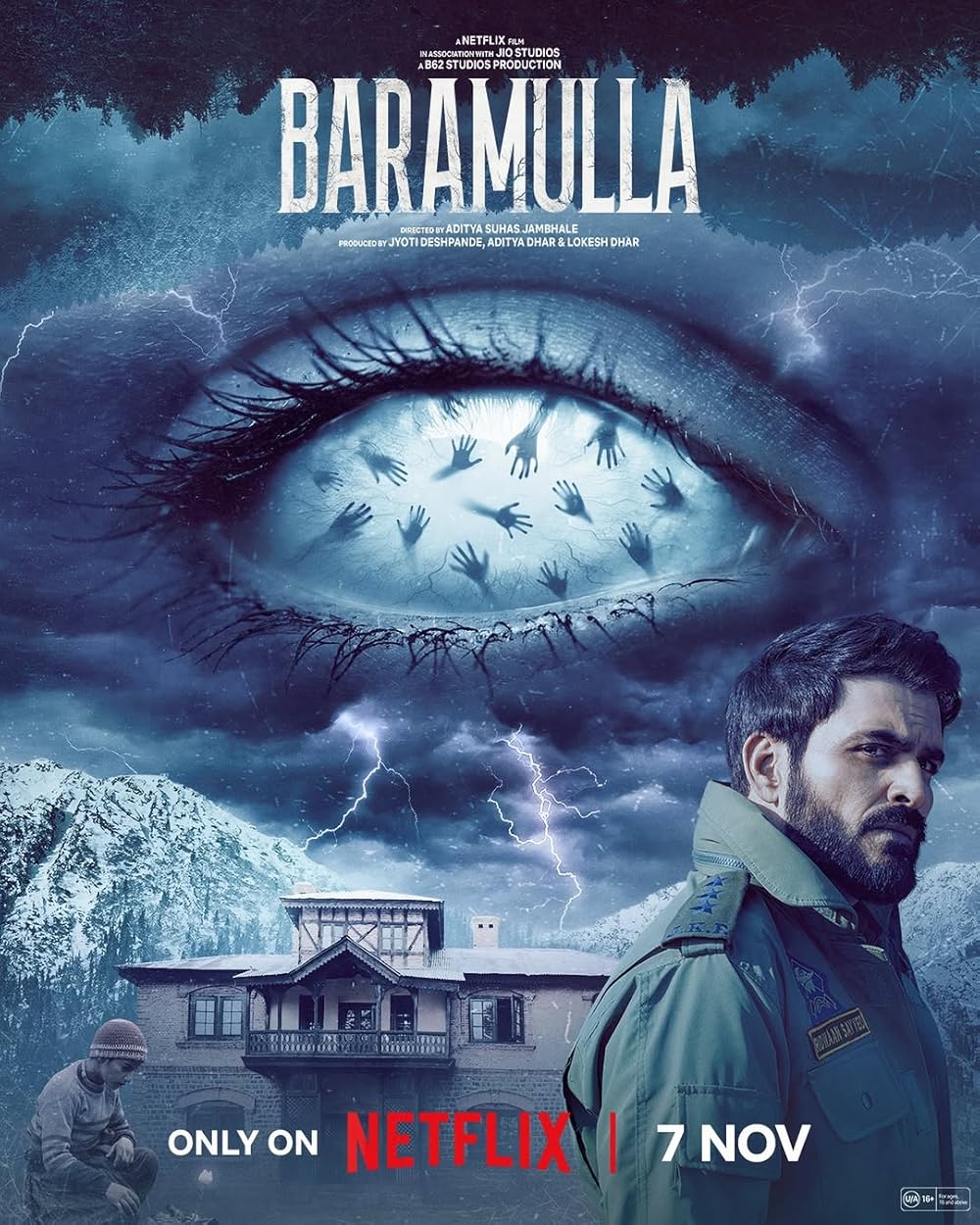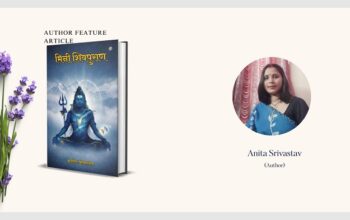Netflix’s Baramulla is a cinematic triumph that dares to merge the supernatural with the political, the personal with the historical. It is not just a film—it’s an experience that lingers like the chill of a Kashmiri winter long after the credits roll. Directed by Aditya Suhas Jambhale and co-written with Aditya Dhar, Baramulla blends horror, emotion, and realism in a way that feels both poetic and piercing.
At its heart, the film explores how trauma itself can be the truest form of terror. DSP Ridwaan Sayyed, played with extraordinary subtlety by Manav Kaul, arrives in Baramulla to investigate the disappearance of six local boys. But what begins as a police procedural slowly unravels into a deeply personal, psychological, and spiritual reckoning. As Ridwaan and his family move into their eerie new residence, the haunting outside starts mirroring the ghosts within.
Jambhale, fresh off Article 370, once again proves his mastery in balancing craft with conscience. His direction captures the soul of Kashmir — breathtaking yet burdened, tranquil yet trembling. The cinematography by Harshvir Oberai is breathtaking, turning every frame into a painting; the snow-covered valley becomes both a character and a metaphor. The use of white tulips, recurring throughout the film, symbolizes innocence lost and peace longed for — a subtle touch that stays with you.
The performances elevate Baramulla to another level. Manav Kaul anchors the film with his quiet gravitas, portraying Ridwaan as a man fighting shadows — in the valley, in his mind, and in his past. Bhasha Sumbli delivers a grounded and graceful performance as Gulnaar, embodying the strength and sorrow of a woman caught between the living and the dead. The young actors Arista Mehta and Rohaan Singh add authenticity and heart, particularly in their scenes of fear and wonder.
The screenplay weaves two narrative threads — the investigation of missing children and the paranormal happenings at home — and brings them together beautifully in the final act. While the film could have easily slipped into cliché or propaganda, it instead finds humanity at the center of horror. Jambhale doesn’t sensationalize pain; he studies it, respects it, and makes the audience feel it.
Technically, Baramulla is top-notch. The haunting background score, especially Shilpa Rao’s closing track, encapsulates the mood perfectly — sorrowful yet soothing. The production design adds authenticity, making the viewer feel the damp chill of Baramulla’s haunted corners.
What makes Baramulla remarkable is that it never lets its political backdrop overshadow its emotional truth. It reminds us that fear isn’t just in the dark corners of a haunted house — it’s in memory, guilt, and grief. It’s a story about a valley, yes, but also about every heart that’s ever been exiled from peace.
In a landscape cluttered with formulaic thrillers, Baramulla stands out for its vision, craft, and courage. It’s a slow-burn masterpiece — haunting, humane, and hypnotically beautiful.
Verdict: A chilling, compassionate, and visually stunning journey into Kashmir’s heart of darkness. “Baramulla” is one of Netflix India’s finest original films to date.



